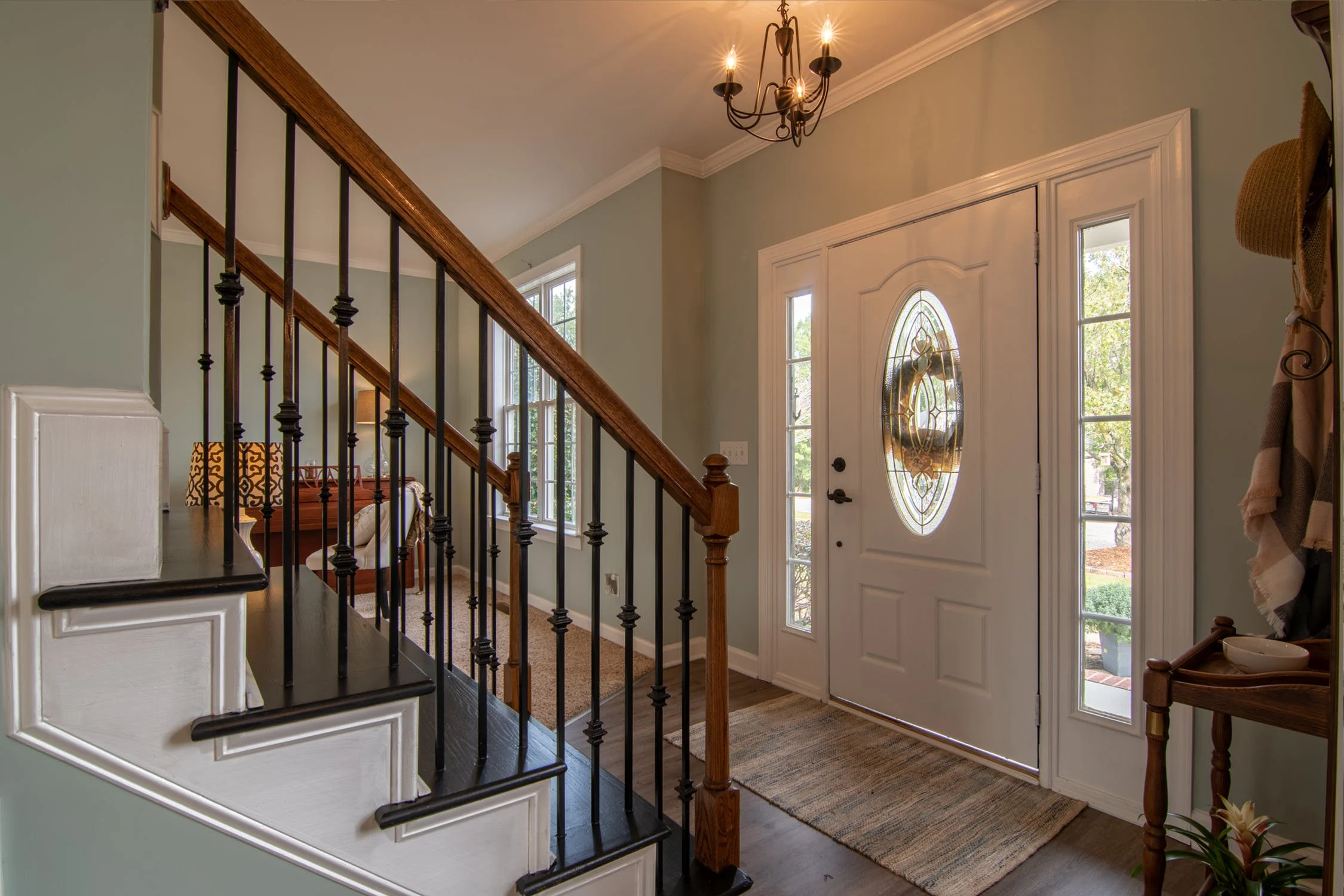With the hot weather and stay-in-place orders in San Mateo County, many households are installing A/C systems.
On hot days when your new AC runs constantly, there’s a chance its effectiveness could lower. Here are a few steps you can take to make sure your newly installed air conditioner works smoothly throughout the summer.
Replace your AC filter frequently
The job of an AC filter is to filter the debris and dust from the house and blow clean air into the house. When the AC filter gets dirty, it gets harder for the AC to blow air through it. This makes the air conditioner work harder and use more energy.
When the A/C filter stays dirty for a long time, the effectiveness of the AC is reduced and it will no longer cool the house as effectively. Change your filter once a month especially if you use the AC a lot.
Run fewer appliances
When the temperature rises outside, your AC has to work harder to keep your home comfortable.
Burners, ovens, dishwashers and dryers produce heat and increase the temperature inside the house. Try to avoid using these appliances on really hot days when you will likely run the AC for a long time.
Hot days might be a great time to spare your air conditioner by taking your cooking outside and barbecue!
Keep other heat-producing equipment such as computers and lamps away from the A/C thermostat. This may influence the A/C thermostat reading and cause the A/C to work harder than necessary.
Use fans to cool your home
A/C is not the only way to cool your home. Install floor and ceiling fans to circulate air. This cools the air and reduces the need to run your A/C. Run A/C less reduces your energy costs and extends the life of your new A/C.
Keep your vents clean
Vents are places where over time dust can collect and obstruct airflow. Every summer check your air conditioning vents to make sure that the air blows through these vents unobstructed.
Furniture and window treatments can also obstruct airflow from your air conditioner. Make sure that 6″ of space next to the vent is clear.
Update your air conditioner
Every appliance starts to degrade in its efficacy at some point or stops working altogether. Having an air conditioner working smoothly is important to keep your home comfortable. And when you feel it is time or when your HVAC contractor recommends it, replace your old air conditioner for a new energy-efficient one.
RC Mechanical Can Help
RC Mechanical, Redwood City’s best HVAC contractor, has installed and replaced many air conditioniong systems for Redwood City homeowners. Whether you need help selecting the right air conditioner, installing a furnace, or conducting a home energy audit, you can count on RC Mechanical for superior and cost-effective service. RC Mechanical is a local veteran-owned business and has provided expert furnace and air conditioning repair and installation to the Bay Area with integrity for over 20 years. Homeowners in Redwood City and throughout the Bay Area count on us for all their heating and air conditioning needs.
Call us today at (650) 575-3915 and we will respond within 24 hours.



